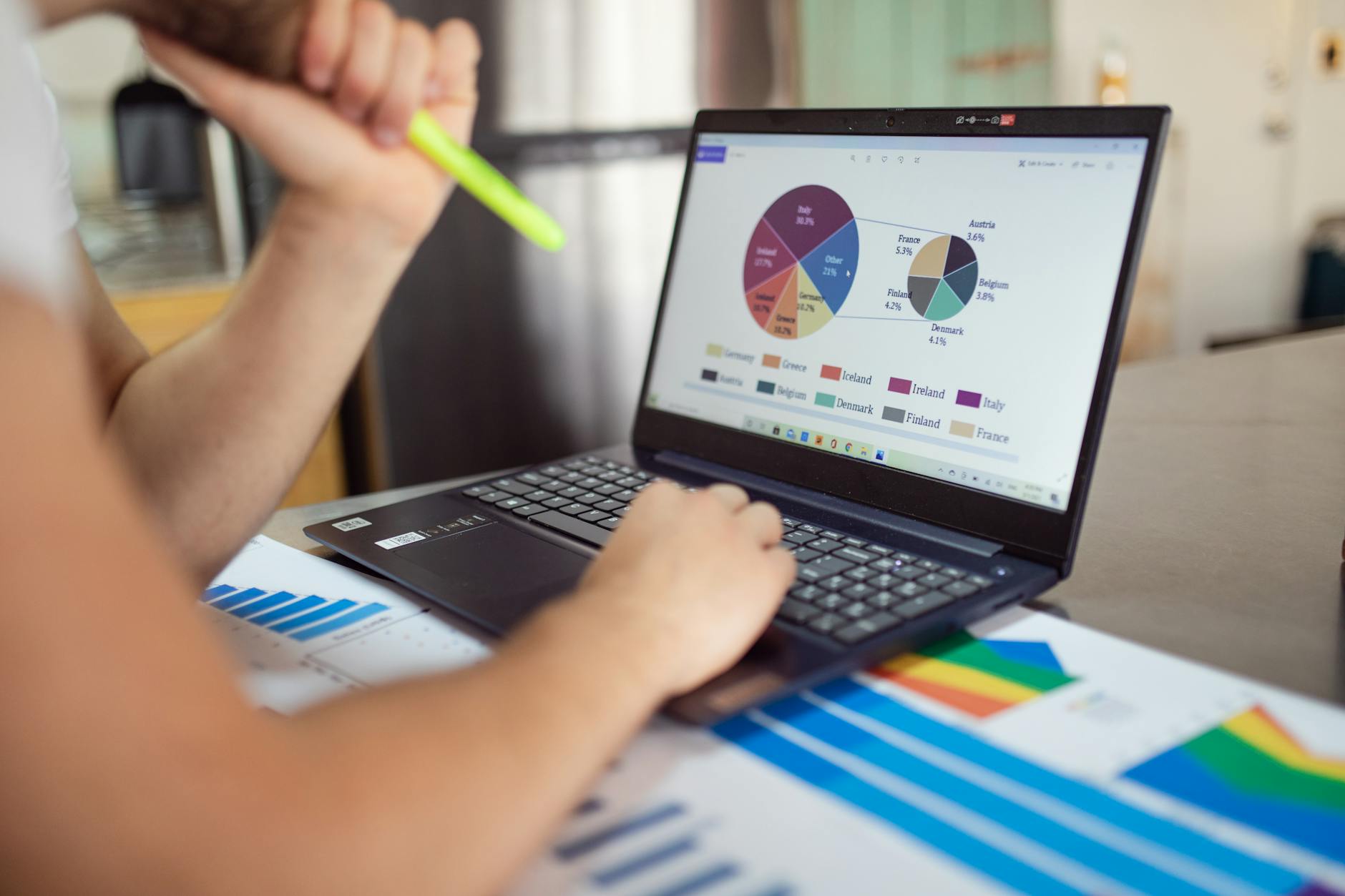The Science of Learning: How the Brain Keeps Information
Introduction
Ever wonder why some things stick in your head while others don't? You're not alone! Scientists have been figuring out how we learn and remember for years. Let's explore how our brains work when we learn new stuff. Get ready for a wild ride through your own mind!
[Video: A fun tour of the brain, showing important parts for learning and memory]
How Our Brains Learn
Your Brain is Always Changing
Here's a cool fact: your brain never stops changing! This is called neuroplasticity. It's the reason we can learn. Your brain makes new connections or strengthens old ones when you learn. Think of your brain as a busy construction site.
Three Types of Memory
Our brains use three main types of memory:
- Sensory memory
- Short-term memory
- Long-term memory
These work together to help us understand the world.
How We Learn: From Seeing to Remembering
Step 1: Taking in Information
Learning starts with our senses. Our eyes, ears, nose, tongue, and skin send lots of info to our brains. This info stays in sensory memory for a very short time.
Step 2: Working with Information
If something catches our eye (or ear), it moves to working memory. This is where we think about stuff. But working memory can only hold a few things at once.
Quick Poll: How many things can you usually remember in a list?
- 5 or less
- 6-8
- 9 or more
Step 3: Storing Information for Good
For us to really learn something, it needs to go into long-term memory. This is where the real learning happens. Long-term memory can hold tons of info for a very long time.
Tips for Remembering Better
1. Practice, Practice, Practice
You've heard "practice makes perfect." Well, practice makes memories stronger too. Reviewing info over time works even better than cramming.
2. Make Connections
Our brains love patterns. When we connect new info to stuff we already know, we remember it better. This is called elaborative rehearsal.
For example, to remember Paris is the capital of France, you might think about:
- The Eiffel Tower
- French food
- French words you know
- Movies set in Paris
3. Use a Memory Palace
This old trick uses places you know to remember things. Here's how:
- Pick a place you know well, like your house
- Put mental pictures of what you want to remember in different spots
- To remember, just take a mental walk through your house
4. Group Things Together
We can only hold about 7 things in our working memory. But we can cheat by grouping things. It's easier to remember a phone number as (555) 123-4567 than as 5551234567.
5. Get Good Sleep
Here's a great reason to sleep more: it helps you remember! Your brain sorts out memories while you sleep. So, sleeping well is better than staying up all night studying!
[Video: Shows how sleep helps memories stick]
Feelings and Learning
Did you know feelings help us remember? We remember things better when they make us feel something strong. That's why you probably remember where you were during big events in your life.
Think About It: What's a strong memory you have? How does it make you feel? How clear is it?
When Learning Gets Hard
The Forgetting Curve: Use It or Lose It
A long time ago, a guy named Ebbinghaus found out we forget things over time if we don't use them. But we can fight this by reviewing and using what we learn.
Don't Overload Your Brain
Our brains can only handle so much at once. When we try to learn too much, it gets hard. To avoid this:
- Break big ideas into smaller parts
- Use pictures to help explain things
- Take breaks to let your brain catch up
The Future of Learning
As we learn more about brains, we're finding new ways to learn better. Some cool new ideas are:
- Brain-Computer Links: Imagine learning new skills right from a computer!
- Smart Learning Programs: AI that learns how you learn best
- Virtual and Augmented Reality: Learning by feeling like you're really there
Wrap-Up: Your Brain is Your Superpower
Knowing how your brain works can help you learn better. By using these tips, you can make your brain even more awesome at learning.
Remember, every time you learn something, you're changing your brain. So go learn something new – your brain will love it!
Last Question: What's one new trick from this article you want to try to help you learn?

